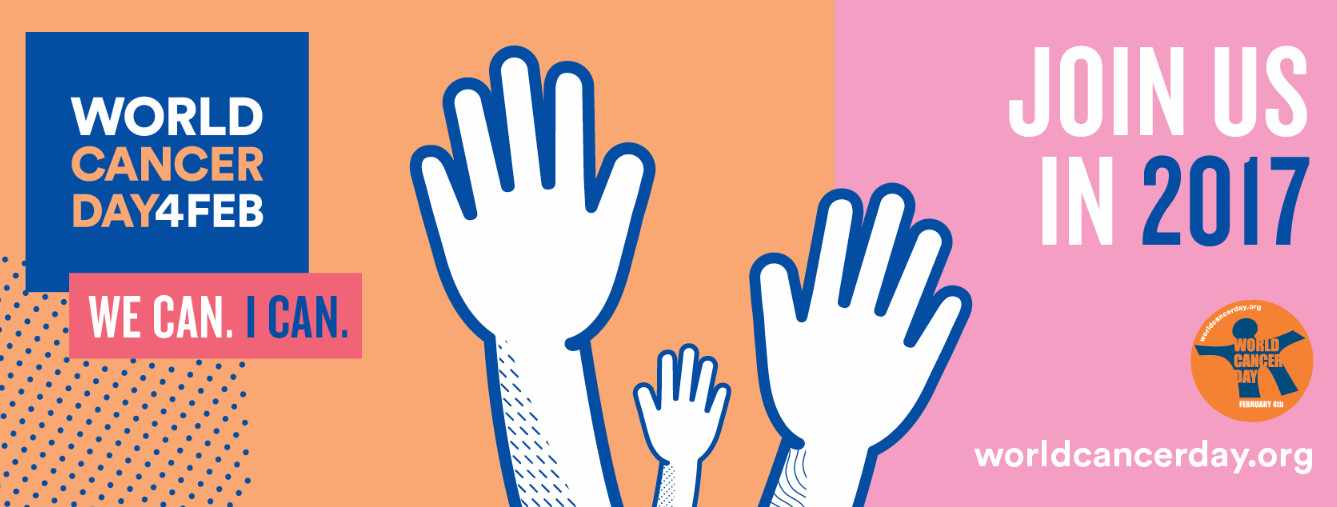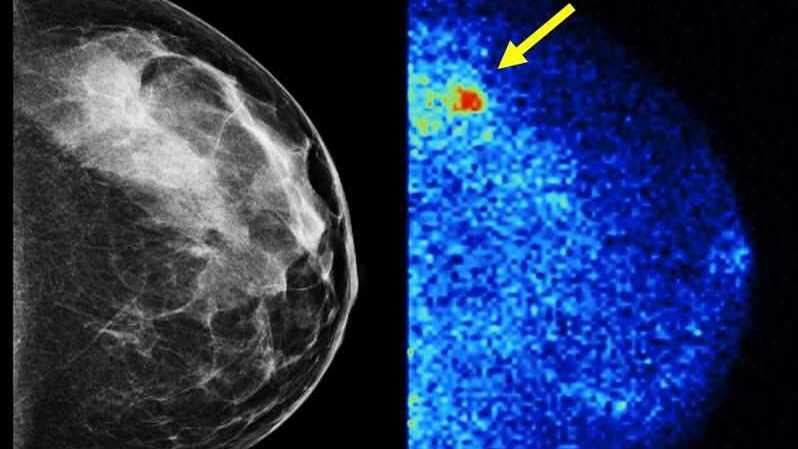-
Mayo Clinic Minute: Looking at molecular breast imaging on World Cancer Day

Feb. 4 is World Cancer Day, highlighting how everyone ─ together or individually ─ can help reduce the global burden of cancer. More than 8 million people die from cancer worldwide every year. In 2017, the American Cancer Society estimates that more than 1.6 million new cancer cases will be diagnosed and more than 600,000 people will die of cancer in the U.S.

Mayo Clinic researchers hope to decrease the number of cancer deaths by developing new ways to detect and treat cancer. For example, they developed molecular breast imaging, a new screening tool for breast cancer, which is the most common cancer among American women.
The technology may benefit women with dense breasts. Research shows molecular breast imaging detects more breast cancers in this group of women than mammography. Up to half of all women have dense breast tissue.
In this Mayo Clinic Minute, reporter Vivien Williams talks to Dr. Deborah Rhodes about molecular breast imaging.
Journalists: Broadcast-quality video pkg (0:59) is in the downloads. Read the script.







